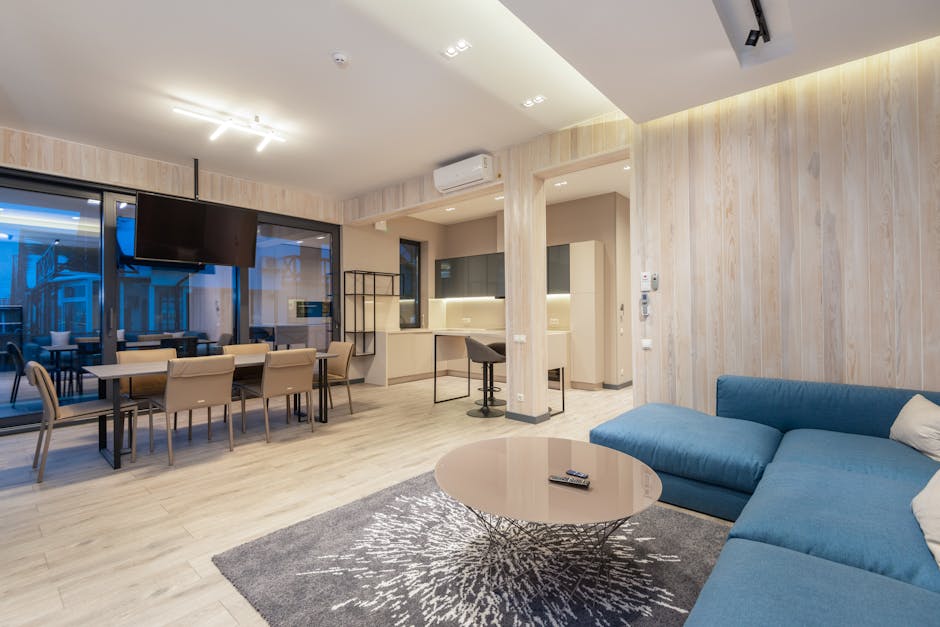A Comprehensive Breakdown of the Costs to Sell House.
Real Estate Agent Commissions
Real estate agent commissions typically range from 5% to 6% of the home’s sale price, split between listing and buyer’s agents. For a $400,000 home, this amounts to $20,000 to $24,000.
However, these rates aren’t fixed. Nearly 40% of agents are open to negotiation, which can help reduce this expense. Commission rates also vary by state, with Georgia averaging around 5.76% and Massachusetts about 4.85%.
Recent industry changes have affected fee structures. The National Association of Realtors now allows sellers to avoid paying buyer’s agent fees, potentially reducing overall costs.
When planning to sell house, consider these varying factors and be prepared to negotiate commissions to maximize your profits.
Closing Costs and Taxes
Sellers should budget for various closing costs and taxes when selling their property. These include:
- Title insurance: Protects the buyer against ownership disputes, costing around $1,000 on average.
- Transfer taxes: Applied when ownership changes, with costs varying significantly by location.
- Property taxes: Sellers typically owe a prorated share based on their time in the house that year.
These costs can vary greatly depending on your state and local regulations. Research your area’s specific requirements or consult a local expert to avoid surprises and accurately plan for these expenses.
Home Improvements and Staging
Investing in home improvements and staging can significantly impact your sale’s success when looking to sell house fast. Minor upgrades like fresh paint, fixing leaks, or updating fixtures can boost your home’s appeal. On average, sellers spend around $13,234 on improvements and repairs.
Staging, which involves strategically arranging furniture and decor, typically costs between $800 and $2,800. This investment can pay off, as staged homes often sell faster and at higher prices.
These efforts help potential buyers envision their future in the space, potentially leading to higher offers or even bidding wars. Consider these investments as part of your selling strategy to maximize your home’s value and appeal.
Moving and Additional Expenses
Moving costs can range from $7,600 for a local move to over $9,140 for long-distance relocations when hiring professional movers. DIY moves may be less expensive but still incur costs for truck rental, gas, and equipment.
Other expenses to consider include:
- Mortgage payoff: The final amount may differ from your latest statement due to accrued interest.
- Home warranties: These can make your property more attractive to buyers by covering potential repair costs.
- Seller concessions: In slower markets, offering to cover part of the buyer’s closing costs or providing a mortgage rate buydown can help seal the deal.
Budget for these expenses to ensure a smooth transition and maintain financial stability throughout the selling process.
Understanding the financial aspects to selli house is essential for a successful transaction. By planning for agent commissions, closing costs, improvements, and additional expenses, you can better prepare for a sale that aligns with your financial goals

